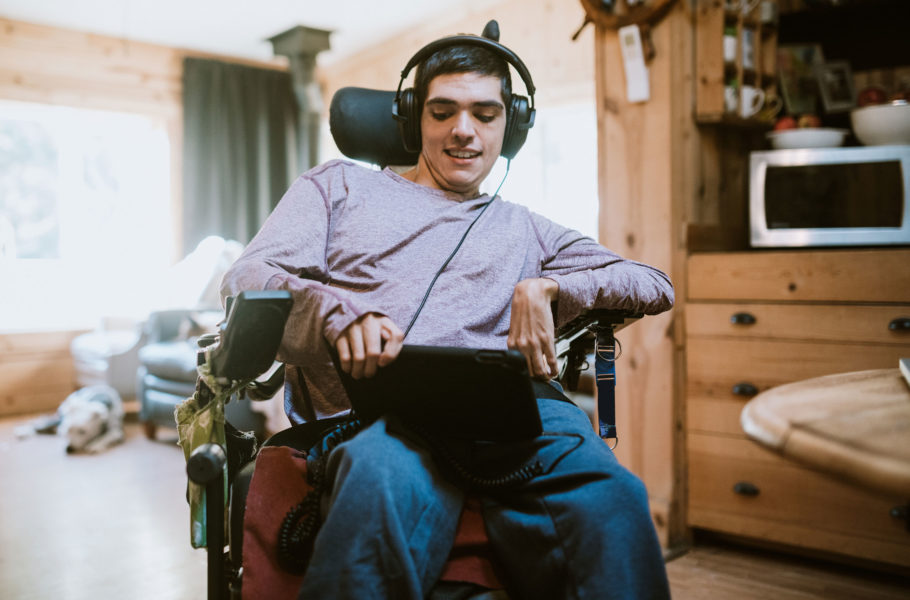
Accessibility is important.
Accessibility is about equity. Accessibility is about human rights. Inaccessible teaching and learning environments are exclusionary teaching and learning environments.
At teaching and learning institutions, we have a collective and shared responsibility to identify and eliminate barriers to make our institutions more accessible for disabled students and staff. NC’s Accessibility Hub provides our community with supports and resources to reduce barriers and create more accessible teaching and learning experiences.
There is 1 service disruption on-campus.
Resources and Training
Video Library
NC faculty and students tell us about their experiences with accessibility.
Hear from the NC community about why accessibility is important and review strategies to create more accessible teaching and learning environments.
Our accessibility policies and plan reinforce our committment to AODA.
-
Integrated Accessibility Standards Policy
Covers what NC must do to provide our goods and services in ways that are accessible to people with disabilities. -
Multi-Year Accessibility Plan
Outlines how NC identifies, prevents and remove barriers to accessibility, and our strategy to meet AODA legislation.

The Accessibility Services Team provide support and accommodations for students with permanent or temporary disabilities who are attending Niagara College or are in the application process. Students must self-identify in order to access their services. Services are free and confidential.
Language
We use a mix of both identity-first language (e.g. disabled student) and person-first language (student with a disability). Individuals will have their own preferences when it comes to identity-first and person-first language. Similarly, some people may not identify with the language of disability or feel that it applies to them. Mirroring the language individuals use to describe themselves and asking about their preferences is generally best.
Banner photo by Marcus Aurelius from Pexels.






